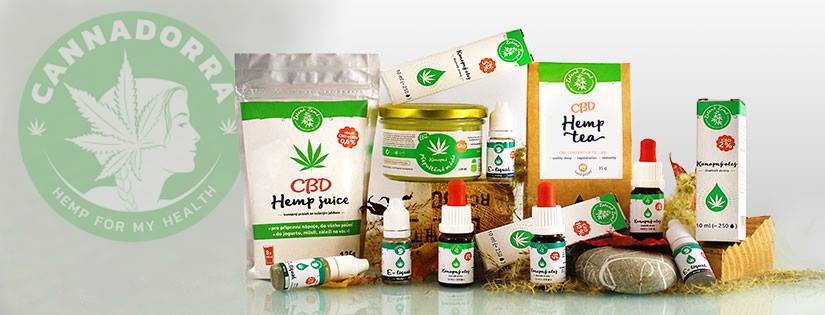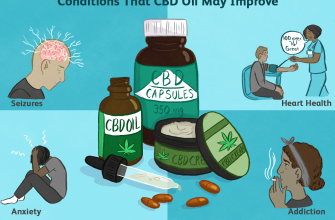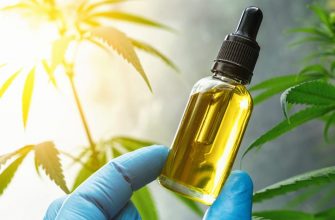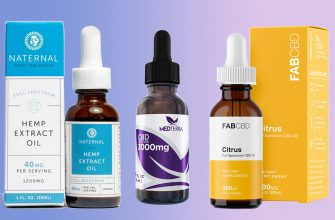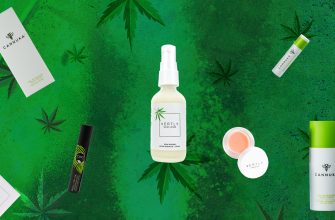Hemp produces twice as much fiber as cotton, twice as much biomass for ethanol as corn, and four times as much paper pulp as trees per acre. It uses less water and pesticides and grows on barren soil. It is also an ideal source of protein and omega-3 fatty acids.
Hemp is believed to be the first plant cultivated by humans for fiber production around 8,000 years ago. It has been used by every civilization for clothing, sails and ropes, and even in building the pyramids.
The first Bible and the first drafts of the American Declaration of Independence were printed on hemp paper. George Washington and Thomas Jefferson were hemp farmers, and Americans were able to pay taxes in hemp. Then in the 1920s, DuPont bought all the rights to the hemp fiber processing machine and crushed them right after the patented nylon. Shortly thereafter, hemp was demonized and outlawed.
Not only will hemp make nylon unnecessary, it will make all kinds of products and industries unnecessary, which is why it is illegal.
Below are seven products that can be improved and are much more sustainable with hemp:
1. Textile
Cotton is not king in this business! Hemp plants give twice as much fiber as cotton per acre, using about a tenth of the water and much less pesticides.
Clothing and other textiles made from hemp are also much stronger than cotton, so it lasts longer and needs to be replaced less often.
Hemp fiber is 3 times stronger than cotton and more breathable.

2. Paper / cardboard
Hemp provides four times more paper pulp than trees per acre and requires only 4-6 months to grow a completely new crop, rather than 6-8 years for trees.
Plus, you can recycle hemp up to seven times, compared to three times wood pulp.
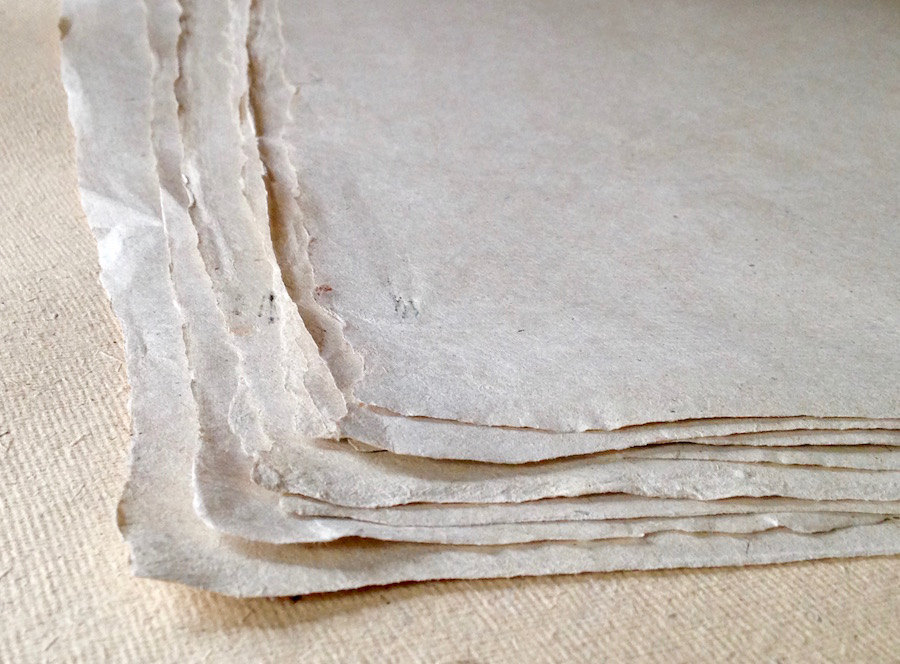
3. Home
Hemp bricks and board lighter and better insulated than wood, and most importantly, does not require deforestation.
They are breathable, non-toxic and even pull CO2 out of the atmosphere!
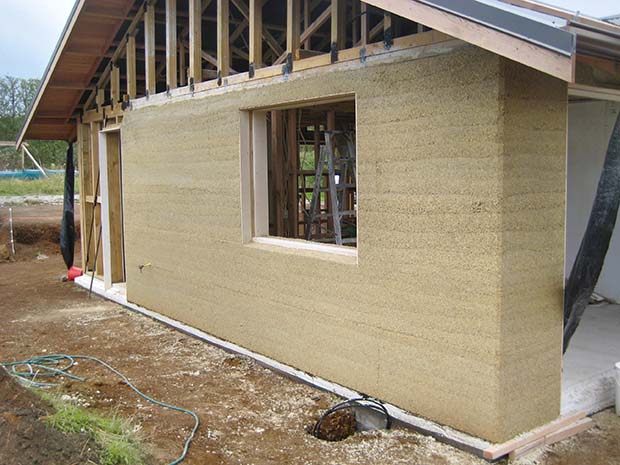
4. Biodiesel
Hemp seeds may be the most efficient and environmentally friendly plant for biodiesel production.
Cannabis can be grown on less fertile soil, using less fertilizer and less waterthan most plants, and the remaining plant biomass can be used to produce ethanol.
Hemp can produce 10 tons of biomass per acre every four months, while corn produces 4 tons per acre about twice a year.
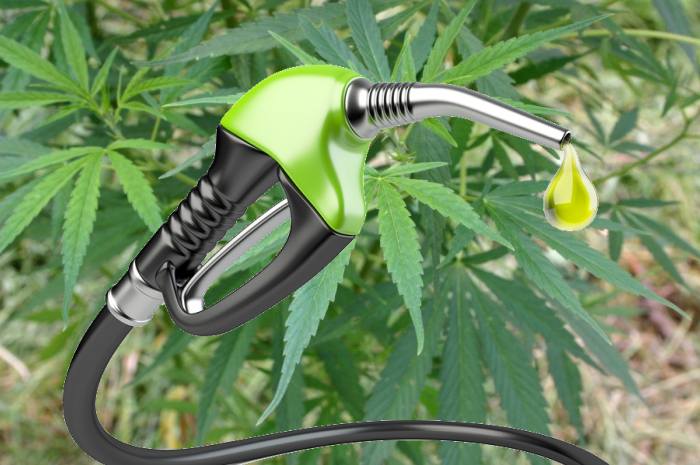
5. Plastic
Half of the oil we consume goes to making plastic. While we acknowledge that we need to use less plastic in general – especially single-use plastic – hemp plastic is a much better option than petroleum-based plastic because it is 100% biodegradable and recyclable.
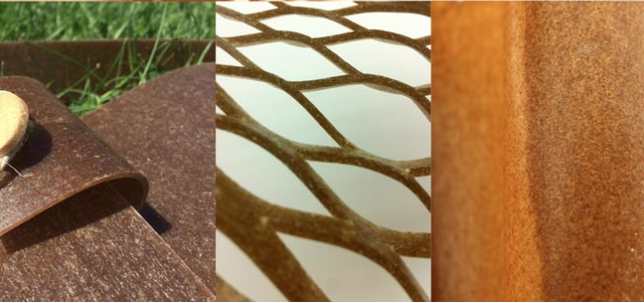
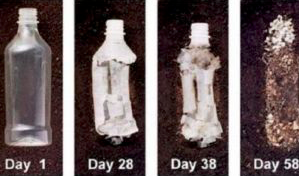
6. Food
Hemp seeds are even more nutritious than chia seeds.
They have the perfect balance omega-3 and omega-6 fatty acids. They are also an ideal source of protein containing all 20 amino acids. Hemp seeds also contain a highly absorbable form of protein not found in any other food called Edestin globulin, which helps repair DNA.
They are also high in gamma-linolenic acid, which is important for healthy hormone production.
The seeds are high in fiber and are prebiotic, which means they feed the good bacteria in your gut.
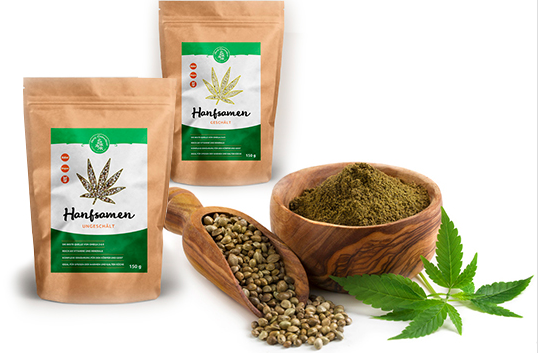
7. Medicine
Due to its ideal fatty acid profile of omega-3 fats and GLA, hemp seeds help naturally balance inflammation levels and boost the immune system.
A study published in the British Journal of Cancer found that The THC in hemp seeds can stop and possibly reverse glioblastoma multiforme (a deadly form of brain cancer).
A study published in Breast Cancer Research and Treatment found that THC in hemp seeds improves advanced breast cancer.
A study in Germany found similar evidence that hemp seeds can inhibit cancer growth and metastasis, especially in lung cancer.
Two other studies suggest that hemp seeds can improve cardiovascular health and reverse high blood pressure.
